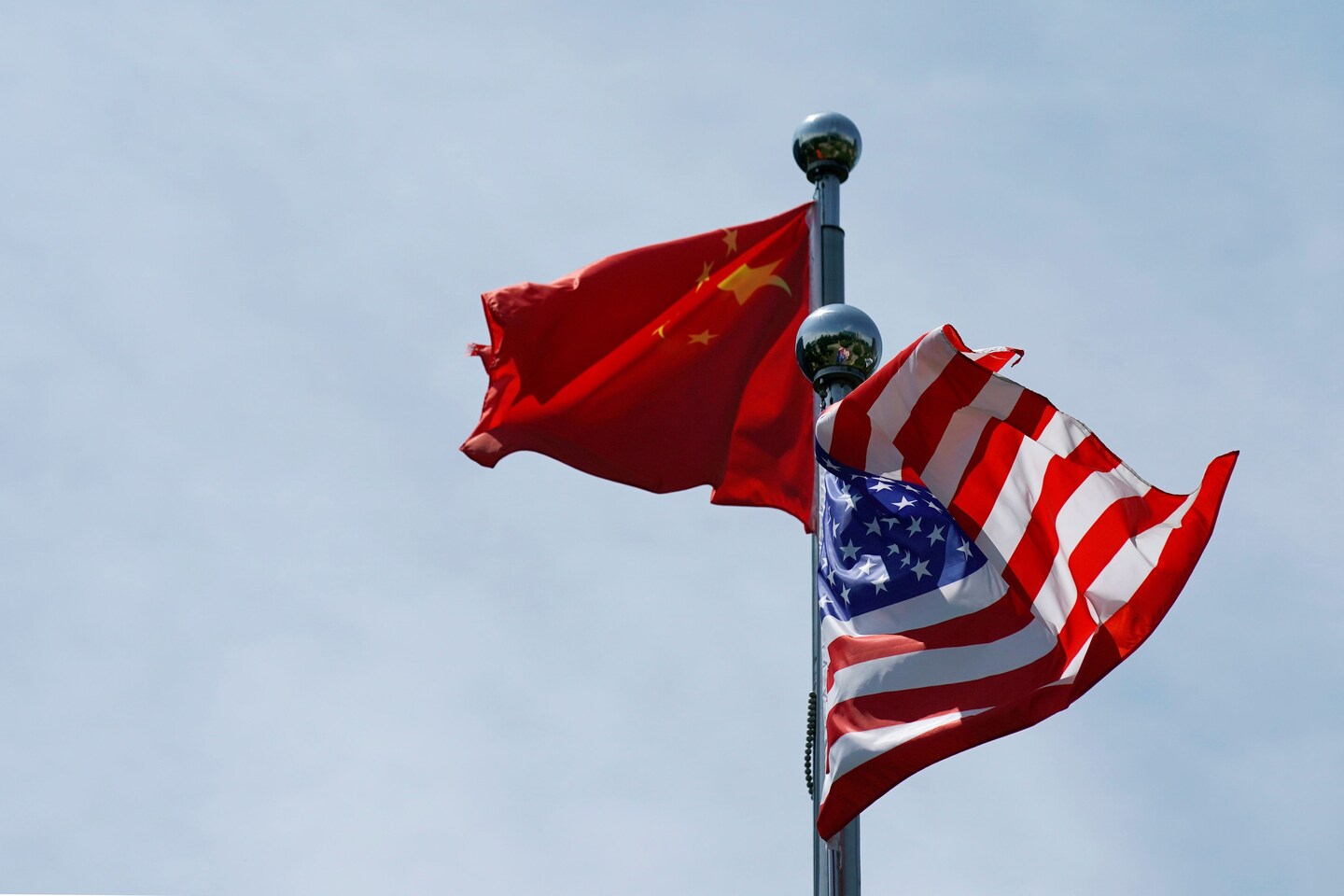It’s time to strip China of its trade status

The senator’s proposal would replace China’s permanent trade status with a variant of the annual review that prevailed before 2001. Under that system, the president must extend China’s trade status each year, subject to Congress’s disapproval. The president would also have to review China’s behavior across a host of areas, including human rights, the use of slave labor and whether it engaged in or condoned industrial spying and intellectual property theft. To grant it, or else issue a waiver, again subject to Congress’s disapproval, would thus give the United States leverage over Chinese misbehavior, as it could punish China where it hurts if it believed China had gone too far.
This isn’t the first time such a bill has been introduced. A similar bill was introduced in 2007 by a bipartisan group of senators, including Sens. Lindsey O. Graham (R-S.C.) and Sherrod Brown (D-Ohio). Although Cotton’s bill does not yet have any co-sponsors, one can easily imagine that will change once the partisan pressures of the presidential campaign fade. Chinese truculence and power have only grown in the 13 years since that earlier effort in Congress.
Cotton’s bill will likely be criticized by many supporters of the World Trade Organization. The WTO normally requires member nations to offer reciprocal non-discriminatory treatment, but there are exceptions. Kazakhstan, for example, is a WTO member but does not have permanent most-favored-nation status. Cuba is also a WTO member but the U.S.’s trade embargo remains in force. This suggests that the United States does have the legal wherewithal to remain in the WTO while adopting a more realistic approach to Chinese trade relations.
But this should not be dispositive. The WTO is not a suicide pact. It is self-evident that China’s government intends to displace the United States as the most powerful country in the world. Does anyone think that a Chinese-dominated globe would be friendly to international legal norms? China already uses its economic power to bully nations into meekly following its lead. It’s laughable to think it would acknowledge adverse decisions from the WTO or any other Western-established global international body if it had the national power to do so. Instead, China is using Western norms to acquire the power to ultimately replace those norms. The United States and its allies cannot let this happen.
That means striking back now when we have the power to do so. Cotton’s bill establishes a carrot-and-stick relationship with China. If it wants the economic benefits of trading with the United States, and by extension with the West, it must adhere in some fashion to Western norms. If it does, then the threat to the United States is diminished. If it doesn’t, we should not finance our own destruction.
Making favorable trade conditional on that behavior will ultimately work in the interests of the Chinese people, too. The huge success of Taiwan, Singapore and Hong Kong, which have become rich states or cities as part of the Western global structure, shows how China could develop into a unique state with Chinese characteristics if it played ball. This presumably is what many, if not most, ordinary Chinese people want: prosperity, stability and a flourishing, distinct culture.
The speech that catapulted Ronald Reagan to national attention was titled “A Time for Choosing.” Reagan argued that Americans faced a “rendezvous with destiny”: They could choose freedom with all of its risks, or they could walk down the easier path that would ultimately lead to communist tyranny. That’s the choice we face again with respect to Communist China.
The United States is still the world’s preeminent power. Cotton’s bill would let us use that power for good while presenting the Chinese government with a stark choice between economic development and continued Communist expansion. We should again choose freedom and choose Cotton’s bill.
Read more:






